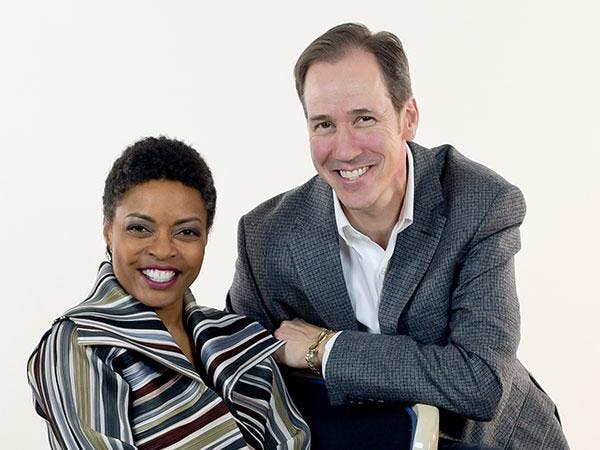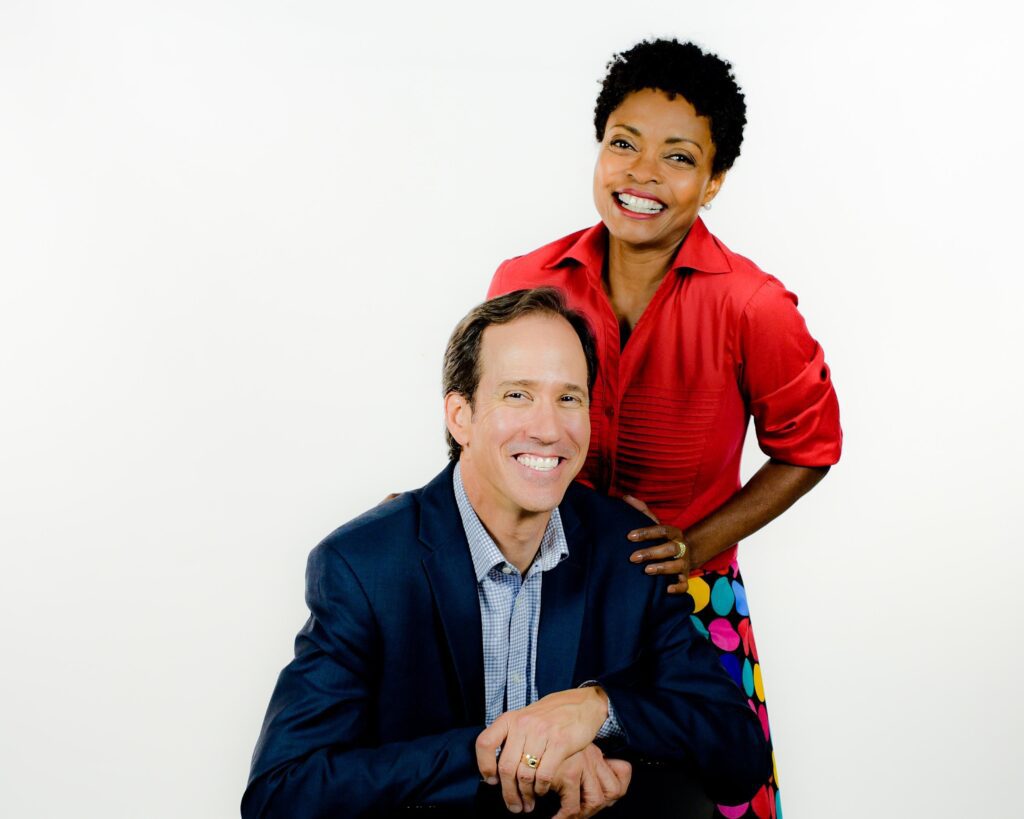The art that is jazz

Although I consider myself a relative neophyte in the world of jazz, having listened to it in only small doses until about 10 years or so ago when I became addicted through the music and style of the organ groove masters such as Charles Earland, Jimmy and Lonnie Smith, and Jimmy McGriff among others, I have realized through their music and the music of subsequent artists I have listened to and enjoyed that there are certain qualities which remain constant in the music. One, and possibly the most important, is the relationship the performing musicians have with each other. As any veteran musician can attest, this is a special thing. Especially considering how often jazz musicians encounter each other onstage for the very first time, either in a fill-in situation when a regular musician cannot play or when someone comes up to jam. Not to downplay other forms of music, but jazz usually isn’t a “three-chords-and-the-truth” kind of situation. There are many chord changes, often intricate harmonies and lead lines which must be played accurately, often with very little rehearsal and solos which needs to make sense in context of the piece. Taking all these variable into consideration, when performers click, it can be magical. But when they don’t, it can be horrible and bland at best. No doubt you’ve seen both the highs of a musician jamming with a band and having it turn into a magical moment and the lows of the same happening and the experience turning into a cacophony of disappointment and missed opportunity.
Do you remember meeting your significant other for the first time? When you met them, there was a feeling that was likely indescribable, a torrid rush that rippled and resonated through your soul and let you know this is someone special and that they might be the one you are supposed to connect with, to spend your time with, or at least a significant part of it. Finding the perfect rapport with a fellow musician seems the same way, almost like a marriage.
Think about it.
The art that is jazz is always trying to be new, never staid. With jazz being focused so much on the element of creation of new music through improvisation, the harmony and rapport between musicians is what makes the difference between a familiar standard being taken to new heights and new Realms of expression and the song breaking down into a hodgepodge of missed cues and chaos. Either by way of a new composition or by applying new techniques and solos within a known standard, jazz is a constantly evolving thing, like a good relationship. And finding musicians that feel the same way about music that you do, who have same frame of reference that you do, but not completely so they can add a bit of themselves to the blend, who are sympathetic to the journey, who are willing to make the twists and turns necessary for the resolution – can be a rare thing. But also a beautiful thing.
This could be due to the mood of the musicians who could seemingly magically gel and sound as if they’ve been playing together for years one night and sound as if it was a total mismatch the next…. While jazz musicians are known for being sympathetic musically with one another and being able to adapt to each other’s playing styles it is easy to tell people who have a great rapport with one another compared to those who are just tentatively feeling each other out and allowing each other space as compared to those who magically interact and connect.
Maria Howell and Noel Freidline, who are appearing at Middle C Jazz to help ring in our opening week are the perfect example of this sort of symbiotic relationship.
Most would know Howell not only from her long tenure here as one of the city’s most revered singers, but also from her film debut in The Color Purple and appearances in many television shows (Drop Dead Diva, Army Wives, The Game, Necessary Roughness, and The Vampire Diaries among others), movies (Daddy’s Little Girls, Mississippi Damned, The Blind Side, and What to Expect When You’re Expecting among others), has carved out a formidable reputation for herself as an actress and as a voiceover artist. Freidline has a resume just as amazing and varied as Howell’s. Freidline not only performs regularly with the Charlotte Symphony, both as a featured artist and ensemble member but also performs regularly with touring Broadway shows, most recently “Jersey Boys,” “Bring It On,” “Dream Girls,” “Wicked,” and “Beautiful” and as assistant music director for “First Date.” With his band the Noel Freidline Quartet he has opened for such diverse artists as Tony Bennett, David Sanborn, Kenny G, Rosemary Clooney, Dave Brubeck, vocalist Layla Hathaway, jazz legend Roy Ayers, and vocalist Jennifer Holliday as well as releasing 8 CDs as a group. He has also ventured into the educational arena and has been a Lecturer in Music at the University of North Carolina at Charlotte since 2006, teaching such diverse subjects as music business, the history of rock music, jazz arranging, music theory and ear training, and directing the UNCC jazz combo’s and vocal jazz ensemble. Noel is also currently the bandleader at Providence Baptist Church, Charlotte, NC. As a composer and arranger, Freidline has written and recorded music for ESPN, ABC and the Walt Disney Company, with his most recent work being featured on Monday Night Football, the NBA All-Star Game, and SportCenter. You may not have heard OF Freidline, but let’s just say you have heard his music.
Their musical and personal rapport most likely stems from their similar childhoods. Though Howell is from the South and Freidline from the Midwest, there are many similarities. Both started becoming interested in music at around the same age. Howell remembers discovering how much she liked music between the ages of 6-10 when she heard the song I Can See Clearly Now by Jamaican singer Johnny Nash and being caught up in “a wide variety of music, anything from Gospel, R&B, soul and pop. I remember looking in the mirror at age 6 and just knowing this is what I was going to do” while Freidline remembers “sitting on the floor of the kitchen in our house in Wichita, Kansas and hearing Petula Clark singing the song Downtown on the radio. My father played piano and I remember him playing a song called Bumble Boogie. Of course, my mother would sing songs around the house like Puff, the Magic Dragon.” It didn’t take long for the music bug to set in for Freidline as he began taking piano lessons at age 8.

Church also became an influence on both of their future careers. Howell joined her church choir at age 13 while Freidline did the same when he was 11. Both followed their parents into the choir where both their moms also sang. Though both their sets of parents were encouraging, both Howell and Freidline had parents who set boundaries as they (and their talents) matured. In Freidline’s situation it was adherence to his musical studies. “My parents told me when I started taking piano lessons that I had to take them for a full year, and then I could decide whether to continue. After a year it had gotten harder and I was not interested in practicing. So I went to my mom and told her the year was up and I did not want to continue. She informed me that my piano teacher had called her and told her I had talent, and that I had to continue. For two years I would say I got about 30 minutes of time at the piano a week and that was at my lesson.” Eventually Freidline’s dad taught him how to play chords and read a lead sheet and the excitement for music came back. “Suddenly freedom and improvisation were at my fingertips, and it was pretty exciting. My father insisted I continue with the traditional lessons and learn how to read music properly. I can’t say I was thrilled about that, but I thank him to this day for forcing me to learn how to read music. It has made an amazing difference in my music career.”
For their part, Howell’s parents were more concerned she not slip into a lifestyle that would affect her academic accomplishments. “While I was in Winston Salem State University I continued singing, and even joined the University Madrigal Choir but my parents would not let me join a band until I was out of college. They were very much concerned with my possibilities outside of music. It was about practicality and I understood it.” That said, It did not take Howell very long to start gigging once she left school. Shortly after her appearance in The Color Purple she was invited to get on stage with the band who performed at the movie’s wrap party. The band like her so much they called her a few days later and asked her to join.” People in the Southeast area would remember the band as the 7th Street Band and Howell performed with them for quite a while.
As Howell’s acting career began to blossom, she eventually moved to Atlanta but appeared all over the Southeast with her various musical projects but lately has been living a more bi-coastal lifestyle, spending her time between the Southeast and LA and going back and forth depending on the situation. “I felt like I needed to move to LA to form relationships I needed to form with the bigger people in charge of larger projects. That’s the best way I can say it. I felt I was stagnating with what I was being asked to do and Atlanta at the time didn’t offer the growth I was looking for. Now, it’s a different story and I feel I’ve met the people I had wanted to meet and formed the relationships I needed to form and now I find I am spending most of my time on the East Coast again, especially in the Charlotte area.”
Freidline has made many of the same types of moves in his career. After his Midwestern upbringing, Freidline transferred to a college in Florida, winding up in Jacksonville. “There was not a lot waiting for me in Wichita, Kansas where I had come from so I just stayed in Florida. I ended up meeting my wife, starting a family and starting the quartet I have now. Eventually I hit a plateau in Florida, or so I felt, and decided to take things to the next level and on a whim, I flew my band out to Las Vegas and we auditioned for the Bellagio.” For Freidline the gamble paid off. “The Bellagio would audition bands twice a year and would typically hire two bands a year. We played the 15-minute audition, walked off stage and they asked us when we could start. Six months later we had a one year contract at the Bellagio. We ended up staying there for 3 years.”
After the 3 year stint Freidline decided they wanted to come back to the east coast but were not particularly excited about coming back to Florida. “We were looking at Atlanta, but we felt the traffic and cost of living were pretty challenging. I had played in Charlotte in the late 90’s at Spring Fest a couple of times. I remembered being so impressed with the city at that time, how clean it was, how friendly the people were and how favorable the cost of living was. So we moved here in the summer of 2003. Sixteen years later I fell it the best decision I could’ve ever made. Charlotte has been absolutely wonderful to me and my family.”
Despite all of the traveling and the career moves, Howell and Freidline have made it work since being introduced at a Bechtler event. “We were put together 9 years ago, and it was at a Jazz at The Bechtler event,” Howell said. “It was a theme event and titled something like ‘A Celebration of Legendary Female Jazz Vocalists’ or some such thing.” Howell’s reputation had preceded her according to Freidline. “I had heard about Maria when I first moved here in 2003. When we finally did meet at the Bechtler event we could tell we had a musical and performing chemistry that was real. I find that with Maria when we[performed together we had an immediate connection and that’s the kind of connection you are looking for. This partnership, any partnership really, but especially a musical partnership like the one I have with Maria is just like a happy marriage, a commitment. I’ve seen her in just about every situation a person can see another person good and bad and she always gives 110 percent no matter what and when she’s on stage you would never know what she is going through, she just gives it all.”
After spending almost a decade making music together, the partnership shows no signs of slowing down. Howell’s busy schedule includes strategic time penciled in for pilot season every year while Freidline manages to just be constantly busy with everything he does, but there are still plans to hit the overseas festivals this year and to do more CDs together when the time is right. “Even if I were to get a series, and that would be great because that would just be something steady a television series doesn’t film all year long and they don’t usually film on the weekends so there still would be time to perform. We could definitely make it work. We always watch out for each other. For example, a television show needs music, maybe I would have an opportunity to bring Noel in. I’ve done that before with a short I worked on with Keith David. He needed a composer and he’s a composer himself but he needed someone to do some music so I brought Noel in. He’s done the same for me when he’s been able.
Author – Scott Homewood
SUBSCRIBE NOW
Join our mailing list to stay up to date and on the beat.

